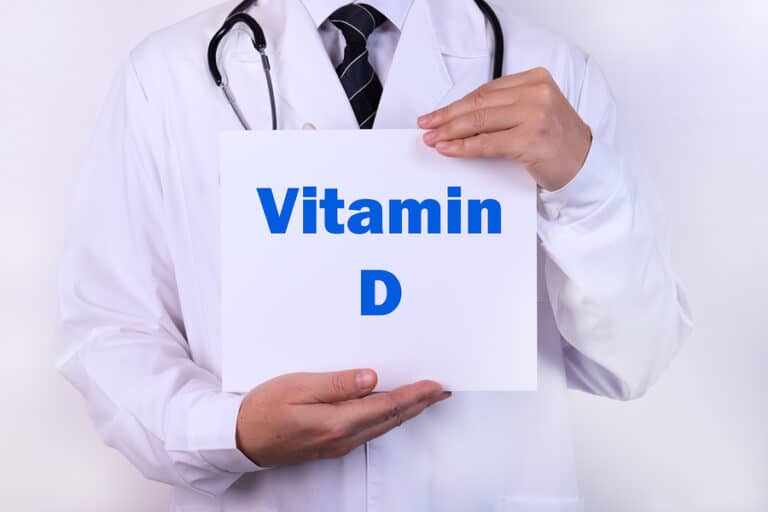Vitamin D is crucial in many bodily functions, including helping your senior’s bones to stay strong. If your elderly family member’s levels of vitamin D are too low or you suspect that they’re dropping too low, it’s important to make a plan. Home care assistance can be invaluable in putting that plan to work for your elderly family member.
Get Your Senior’s Blood Tested for Vitamin D
If you and your senior do suspect that she might be low in vitamin D, it’s important to get her doctor to test her blood for vitamin D levels. Taking supplements without knowing for sure where your senior stands can be a bad idea. When you know more about what exactly she’s experiencing and what her blood tests say, your elderly family member’s doctor can give you a more comprehensive plan.
Learn the Symptoms of Low Vitamin D Levels
Not everyone experiences symptoms when their vitamin D levels drop, but there are symptoms to be aware of. These are just a few of the more noticeable symptoms your senior might experience:

- Muscle cramps
- Fatigue
- Higher blood pressure levels
- Trouble sleeping
- Headaches
- Bladder problems
- Joint pain
If your elderly family member is experiencing these symptoms or others and her vitamin D levels test okay, there may be something else going on that her doctor can address for her.
Encourage Your Senior to Spend Time Outside
Before taking supplements, your elderly family member’s doctor might recommend that she spend a few minutes every day outside. Supplementation is definitely necessary if your senior’s vitamin D levels are extremely low. But if they’re only slightly deficient, then spending time outside can be enjoyable and help her body to get more of this essential nutrient.
Look for Foods High in Vitamin D
Another idea is to eat foods that are rich in vitamin D. This can be a lot easier with home care assistance making meals for your elderly family member and reminding her to eat healthy foods. Some of the foods that are high in vitamin D include cheese, eggs, salmon, and tuna. Other foods are often fortified with vitamin D and those can include milk, juice, and breakfast cereals.
Remind Your Senior to Move and to Rest
Sleep and being more active won’t necessarily increase your aging family member’s vitamin D levels, but they can help her to feel better overall. Senior care professionals can help your elderly family member to establish routines that allow her to get plenty of rest, prioritize sleep, and remember to be more active during each day. All of that together can help your senior to feel and be healthier overall, which is always your biggest goal for her.
Vitamin D is an essential nutrient, but it’s easy to forget just how important it is on a daily basis for people of all ages. Staying on top of blood tests is also a good idea, and it can help your elderly family member to see just what is working for her.
If you or an aging loved one are considering hiring Home Care Assistance in Charleston, SC, contact Heart of the Carolinas Home Care at 864-991-3116. Providing Home Care Services in Greenville, Simpsonville, Greer, Anderson, Spartanburg, Mauldin, Seneca, Laurens, Charleston, Columbia and the surrounding areas.
- How Home Care Supports Seniors Who Are Hard of Hearing - March 28, 2025
- Why Seniors Should Consider Companion Care At Home - March 10, 2025
- What Happens As Seniors with Dementia Lose Competence? - February 26, 2025

